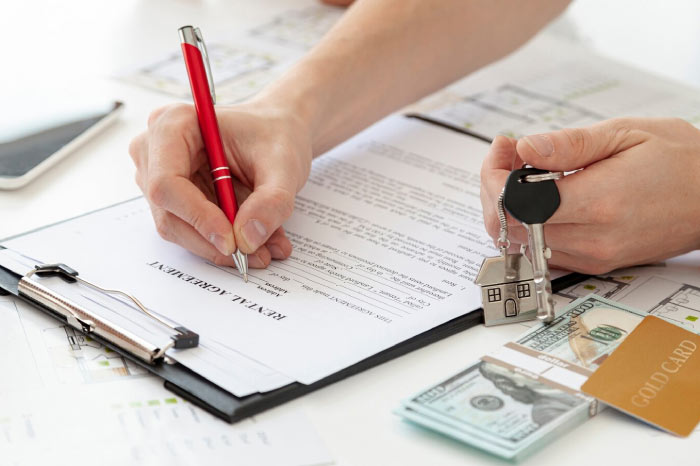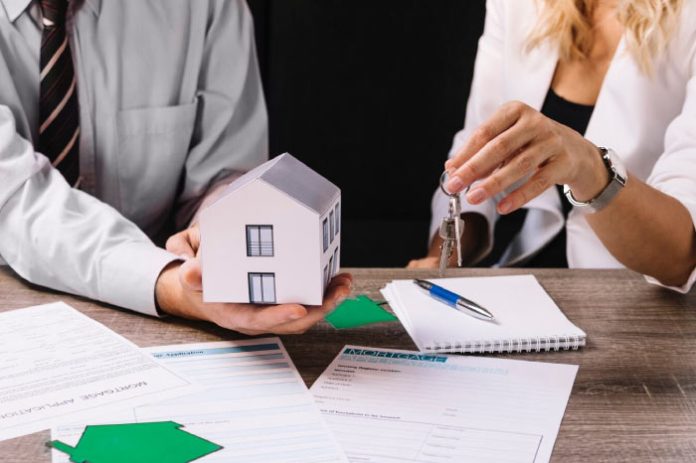One of the most lucrative investments for beginners is rental property. They have many benefits for beginners. Some of these benefits include tax incentives, cash flow, value appreciation, and leverage.
There is a lot that you need to know about investing in rental properties before you do it. If you want to become a landlord, you need to know all about investing. You you need to be well-versed with all aspects of investing. This can be achieved by working in any local REIT (expected industry growth rate is 3% between 2022 and 2032, with a projected 51,600 vacancies each year) to earn some experience; which could prove to be the springboard for aspiring entrepreneurs.
Rental Property for Beginners
There are many properties that you could buy that might make good rental properties. You would want to look for rental properties for beginners to find the right ones.
You don’t want to buy fixer-uppers, to begin with, unless you are highly skilled or have the money to pay for renovations.
This article will help you to learn more about rental properties for beginners. It will help you to know what you should be doing and what you should be looking for. You can also do more research to find the information that you need.
10 Tips for Investing in Rental Properties for Beginners

1. Up and Coming Locations
To begin with, you will want to find homes in up-and-coming locations. You should pick a property that is near amenities such as restaurants, malls, colleges, clubs, and movie theaters. This gives the renters places they can walk to or take short drives to. Many renters appreciate this.
If you choose an area like this, you are more likely to find ready tenants. This is especially true if the crime rates are dropping, and home values are rising. You want to step in and begin buying before the values go up too far.
2. Run Numbers
How much should you make from your rental property? See here to learn average investment property prices. You need to know the answer to this question before you begin buying. You can’t just buy any home that you see and expect to make money from it.
One of the biggest guidelines that you should follow is the two percent rule. If you buy a home, you should be able to make two percent of the purchase price in rent. This type of property will allow you to generate enough income that it will cover rental expenses and unexpected expenses that might pop up.
3. Use Online Real Estate Investment Tools

You can’t always rely on your network to find the homes that you are looking for. You don’t want to drive around looking for the perfect properties. There are online tools that you can use to find them
With artificial intelligence and algorithms that help with machine learning, you can not only find properties but analyze them in minutes. This allows you to find more properties that best fit your needs. You can weed out the ones that aren’t good for you this way.
4. Invest in Cash Flow Homes
If you are buying your first rental home, you should look for ones that have cash flows. By focusing on positive cash flow properties like spec homes, waterfront properties, penthouse apartment etc, you can be assured that you will be making money from them. This way you should have a margin of error that will take care of unexpected expenses that will come up.
5. Make Sure to Budget for Unexpected Expenses
You need to have a emergency fund set aside for unexpected expenses because the unexpected will happen. You need to be prepared for it and be able to pay for those things that come up. If you don’t have the money set aside, you will get yourself into trouble.
6. Using Leverage
You can use the leverage of one rental property to buy another one. Since you are using the rental money to pay the mortgage, you will have more money to buy the next home. Your return on your investments will be higher because of this.
7. Do Property Inspections Before You Buy

You don’t want to buy any property without having an inspection done first. You don’t want to have all kinds of issues pop up after you have rented the home to a tenant. An inspection can show you everything that is wrong with the home before you buy.
You can still buy the home if there are problems with it, you will just know that these issues will need to be fixed before you rent it out. If you find them out before you rent, you won’t have tenants call you in the middle of the night because a pipe broke or there was a leak in the roof. You will already be prepared and have those issues taken care of.
8. Buy Rent-Ready Homes
Be prepared to pay full price on rental homes. You don’t want to buy one that is very low below market value because you will likely need to make major repairs. If you buy at full price, you will be more likely to find rent-ready homes.
9. Do a Thorough Screening of Tenants
You need to do a thorough screening of your tenants to make sure that you are getting high quality renters. You want to choose tenants who will be paying their rent on time each month and will take care of your property. Screening will help you to make sure that you find these types of renters.
10. Make Sure You Know Your Legal Obligations
You need to be sure that you know all the landlord-tenant laws so that you handle issues that may come up. Make sure that you know lease requirements, regulations for rent control, and eviction rules from the beginning. Knowing these laws will help you to be a better landlord.
Conclusion
There are many things that you need to know about renting homes before you buy investment properties. You want to be a good landlord, so you need to know the legal issues involved. You also need to know how to make money with your investments.
Also Read: How To Live Rent Free





